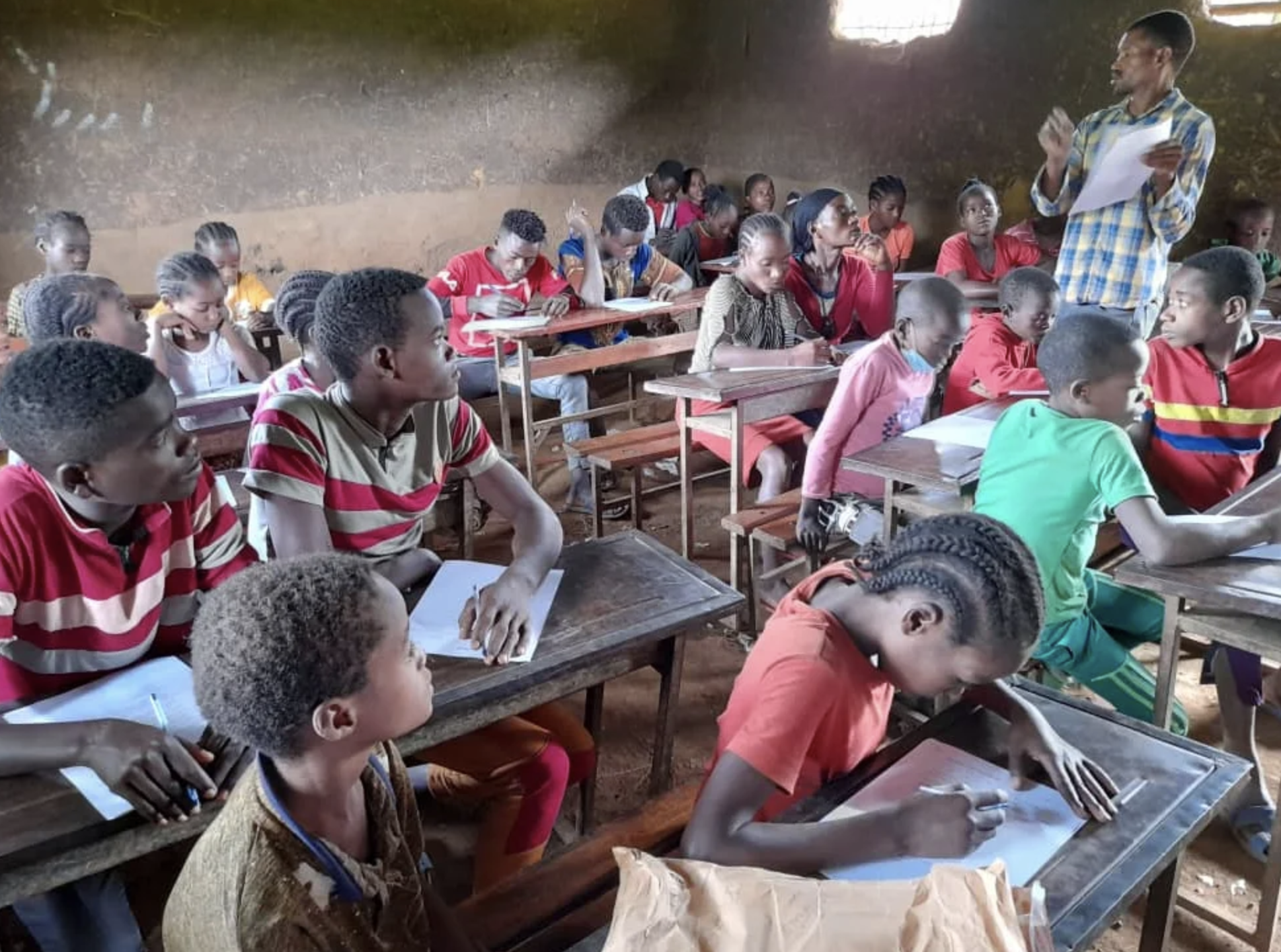Mr. Destaw, a school director at Ottuwa Mulu Primary School in Guraferda district, recently participated in NALA’s school-based training where he learnt how to prevent neglected tropical diseases (NTDs) and improve health in his school. During his training he shared an incident that occurred at his school a year prior.
A 14-year-old student of his, Muluemebet, in grade 3 began to miss class frequently despite being an active student. After a few months of missing class her teachers reached out to her family to found out what had happened. “Muluemebet” her father told Mr. Destaw “has had a problem with her eyes. It began with redness and discharge but soon her vision worsened, and she had difficulty finding things at home.” The Father continued to tell Mr. Destaw how at first, they made fun of Muluemebet for not seeing clearly, however they started to worry about her vision when it worsened significantly. Finally, the family took her to visit a private health clinic in the city of Mizan, but they were unable to identify the problem. From there they visited a second health professional who recommended Muluemebet travel to Addis Ababa, the capital city several hours away, to receive better medical treatment. The hospital in Addis was able to identify the cause of eye problems as trachoma and treated Mulemebet for the disease.
The father repeated to Mr. Destaw how the doctor in Addis told him, “You are fortunate to have saved your daughter’s vision. You brought her here at the final stage of the disease before she became permanently blind”. The doctor explained to the family that trachoma is a disease caused by poor hygienic practices and lack of adequate sanitation. “If Mulemebet had not received treatment in time” explained the doctor, “her eyes would have been permanently damaged resulting in blindness”. He told the family to better look after their hygiene and environmental sanitation, mentioning how it is critical to attend a health center as soon as there are symptoms.
Mr. Destaw told the group how challenging this experience had been due to his lack of knowledge surrounding the topic. As a result of attending NALA’s training he stated, “I now have a clear understanding of the symptoms, route of transmission, and prevention methods of trachoma and other NTDs. I am confident in disseminating these health messages to my students and community to reduce the presence of these preventable diseases.” He added “I want to thank NALA for providing this important training, now students like Muluemebet can be helped so they do not need to miss school or suffer long-term problems.”
